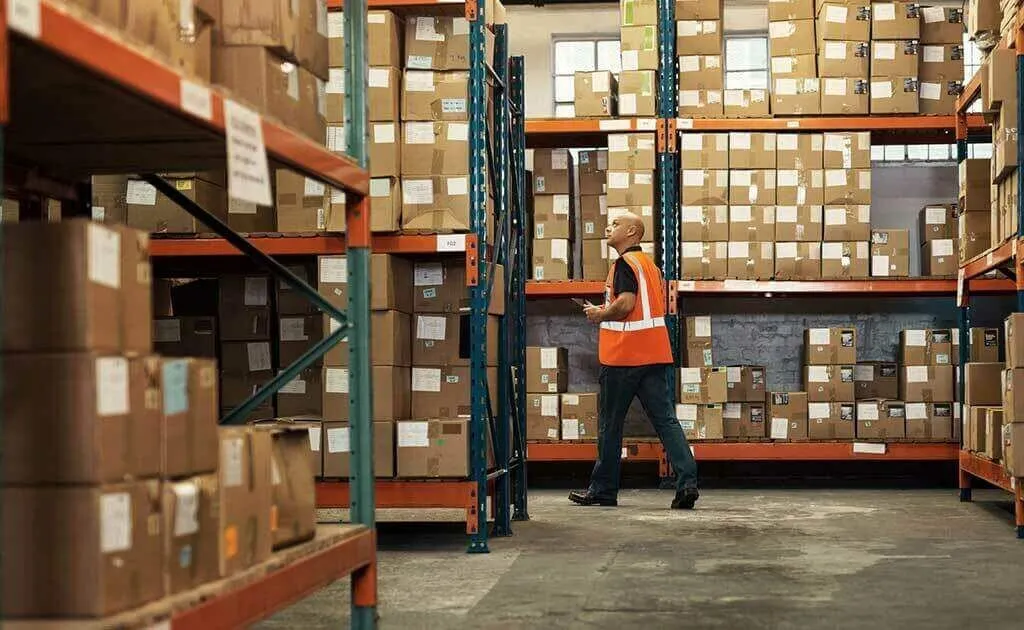In today’s dynamic and fast-paced global economy, the role of wholesale distributors is indispensable. They form a critical link between manufacturers and retailers, ensuring that goods are moved efficiently and effectively through the supply chain. In this article, we will explore the function of Distributor, the benefits they offer to businesses, and how they contribute to the overall supply chain process.
What is a Wholesale Distributor?
A wholesale distributor is a company or entity that buys products in bulk from manufacturers and sells them in smaller quantities to retailers, businesses, or other distributors. Wholesale distributors typically purchase large quantities of goods at a discounted rate and then sell them at a higher price to retailers or businesses, who in turn sell them to end consumers.
Unlike retailers, who sell products directly to consumers, wholesale distributors operate at a different stage in the supply chain, often acting as intermediaries between the manufacturer and the retail market.
Key Functions of Wholesale Distributors
Wholesale distributors perform several essential functions that are crucial to the smooth operation of the supply chain. These include:
- Bulk Purchasing and Resale One of the primary functions of a wholesale distributor is purchasing large quantities of products directly from manufacturers. By buying in bulk, distributors can take advantage of economies of scale, receiving products at significantly lower prices than smaller businesses would be able to. These goods are then resold to retailers at a higher price, enabling distributors to profit while still offering retailers more competitive prices than if they bought directly from manufacturers.
- Storage and Inventory Management Wholesale distributors often provide storage facilities for products before they are sold to retailers or businesses. This helps manufacturers avoid the need for excessive warehousing and reduces their inventory management costs. Distributors typically maintain large warehouses where they store a wide range of products in various quantities. This role of storing goods until they are needed helps balance supply and demand.
- Logistics and Delivery Distributors also handle the logistics of getting products from the warehouse to retailers or businesses. They manage the transportation and distribution processes, ensuring that goods are delivered on time and in the proper condition. In many cases, wholesale distributors own or partner with logistics companies to ensure that products reach their destination quickly and efficiently. This eliminates the need for manufacturers and retailers to invest in transportation systems of their own.
- Product Customization and Packaging In some industries, wholesale distributors offer added services such as product customization, repackaging, or bundling products into kits. These value-added services allow manufacturers to focus on their core business, while distributors handle the details that make products more attractive or suitable for the retail market.
- Providing Market Insights Wholesale distributors are often on the front lines of the market and are in close contact with retailers. This gives them valuable insights into consumer demand, trends, and feedback. Distributors can pass this information along to manufacturers, enabling them to adjust production levels, design new products, or improve existing offerings. As a result, distributors serve as a key communication link between manufacturers and the market.
Benefits of Wholesale Distributors
Wholesale Distributors provide a variety of benefits to manufacturers, retailers, and even consumers. Below are some of the key advantages of utilizing wholesale distributors in the supply chain:
- Cost Efficiency By purchasing products in bulk from manufacturers, distributors are able to secure lower per-unit prices, which are then passed on to retailers and businesses. Retailers, in turn, benefit from buying products in smaller quantities at a reduced price compared to purchasing directly from manufacturers. This cost efficiency enables businesses to increase their profit margins while providing consumers with competitive prices.
- Reduced Risk for Manufacturers Manufacturers often face significant financial risks when producing large quantities of goods and selling them directly to retailers. Wholesale distributors help mitigate this risk by purchasing products upfront in bulk. This allows manufacturers to focus on production and innovation, without worrying about distribution, sales, and customer service.
- Increased Market Reach Distributors often have an established network of customers, including retail chains, e-commerce platforms, and other businesses, that they sell to regularly. This extensive network allows manufacturers to reach markets they may not have access to otherwise. By partnering with distributors, manufacturers can tap into new geographic regions and customer segments.
- Inventory Management Managing inventory is one of the most challenging aspects of retail and wholesale businesses. Wholesale distributors alleviate some of this burden by handling inventory storage and management. Retailers benefit from having smaller, more manageable quantities of products delivered on an as-needed basis, rather than dealing with the complexity of managing large stockpiles themselves.
- Access to Expertise and Resources Wholesale distributors often have deep industry expertise and extensive networks in specific product categories. They are equipped to offer valuable advice to retailers, help with product selection, and provide logistical support. Many distributors also have in-house teams who specialize in market research, trend analysis, and customer service, which can be of great benefit to businesses.
Types of Wholesale Distributors
Wholesale distributors come in different forms and specialize in various sectors of the supply chain. Below are some of the common types of Bj Wholesale distributors:
- Merchant Distributors Merchant distributors purchase products outright from manufacturers and then sell them at a markup to retailers or businesses. These distributors own the goods they sell and often carry a wide range of products, from electronics to clothing and food items. They typically have large warehouses and offer products in bulk quantities.
- Agent or Broker Distributors Unlike merchant distributors, agent or broker distributors do not own the products they sell. Instead, they act as intermediaries between manufacturers and retailers. They earn a commission for each sale they facilitate but do not take ownership of the goods. These types of distributors are common in industries like real estate, insurance, and some specialty goods.
- Drop Shipping Distributors Drop shipping is a form of retail fulfillment where a wholesaler, upon receiving an order from a customer, ships the product directly to the customer’s door. Drop shipping distributors handle inventory and shipping, but the retailer never physically handles the goods. This model is popular with e-commerce businesses, as it allows them to sell products without maintaining a large inventory.
- Specialized Distributors Specialized distributors focus on a specific type of product or industry. For example, some distributors may focus solely on electronics, while others specialize in beauty products, industrial equipment, or food items. These distributors have expertise in their particular market and can offer more tailored services to their customers.
How Wholesale Distributors Impact the Supply Chain
Wholesale distributors are vital components of the supply chain, and their impact extends far beyond just moving goods from one point to another. Here’s how they influence the entire supply chain process:
- Faster Turnaround Times Distributors can expedite the delivery process by maintaining a stockpile of goods that are readily available for immediate shipping. This ensures that retailers don’t have to wait for long lead times from manufacturers and can replenish their shelves quickly.
- Supply Chain Coordination Distributors help to coordinate various stages of the supply chain, ensuring that the flow of goods remains smooth and uninterrupted. They monitor inventory levels, forecast demand, and work with manufacturers to ensure timely deliveries. This coordination helps prevent stockouts or overstocking, which can cause disruptions.
- Supporting Small and Mid-Sized Retailers Many small and medium-sized businesses rely on wholesale distributors to access products from larger manufacturers. By working with distributors, these businesses can compete in the market without the need to make massive bulk purchases or establish direct relationships with manufacturers.
Conclusion
Wholesale distributors play a crucial role in ensuring the smooth functioning of the supply chain. From bulk purchasing and inventory management to logistics and market insights, distributors help businesses maintain cost efficiency, manage risk, and expand their market reach. For manufacturers and retailers alike, partnering with the right Wholesale Extracts Flavorfrenzy distributor can unlock numerous advantages, from reduced operational costs to improved service delivery. As the global economy continues to evolve, the demand for effective wholesale distributors will remain strong, reinforcing their critical position within the supply chain.


